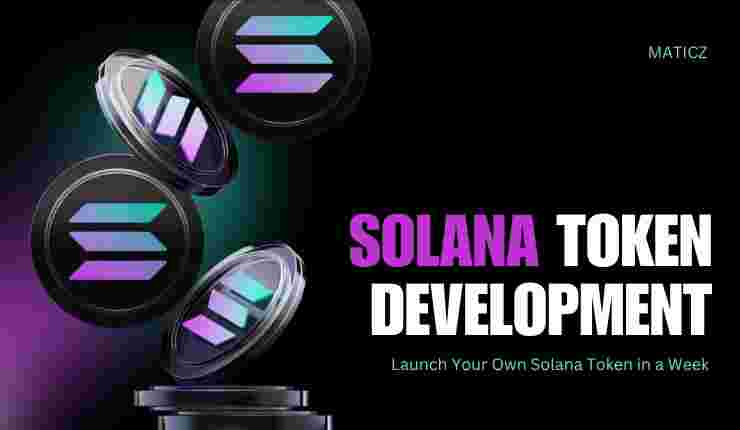Projects
The blockchain space has exploded over the past few years, giving startups more options than ever for launching tokens and decentralized applications. While Ethereum has long been the go-to platform for token projects, many startups are now shifting their focus to Solana. But why is Solana gaining traction, and what advantages does it offer over Ethereum?
1. Lower Transaction Costs
One of the biggest challenges with Ethereum is its gas fees. As the network gets congested, transaction fees can skyrocket, making small-scale token projects expensive to launch and maintain. Solana, on the other hand, offers ultra-low transaction fees, often just a fraction of a cent per transaction. For startups with limited budgets, this cost-effectiveness is a game-changer.
2. High-Speed Transactions
Ethereum’s network can process roughly 30 transactions per second (TPS), which can lead to delays during periods of high activity. Solana, in contrast, can handle over 65,000 TPS, making it one of the fastest blockchains available. This high throughput ensures that token operations such as minting, transfers, and staking happen almost instantly—a crucial factor for projects that anticipate high user engagement.
3. Scalability Without Compromise
Many startups are wary of Ethereum because scaling solutions, like layer-2 networks, often add complexity and additional costs. Solana is designed to scale natively, supporting thousands of applications without slowing down. This built-in scalability allows startups to grow their token projects without worrying about performance bottlenecks.
4. Energy Efficiency
Sustainability is becoming an important factor for investors and users alike. Ethereum’s Proof-of-Work (PoW) mechanism, although transitioning to Proof-of-Stake (PoS), historically consumed significant energy. Solana’s Proof-of-History (PoH) combined with Proof-of-Stake is far more energy-efficient, making it an environmentally conscious choice for new projects.
5. Growing Ecosystem and Community
Solana’s ecosystem is expanding rapidly. With a surge of decentralized finance (DeFi) apps, NFT platforms, and gaming projects, startups find a thriving community of developers, investors, and users. This growing ecosystem provides better opportunities for partnerships, integrations, and early adoption of new technologies.
6. Advanced Developer Tools
Solana supports development in Rust, C, and C++, which are robust programming languages suitable for high-performance applications. Startups also benefit from a variety of SDKs, APIs, and developer resources that simplify token creation and management. Compared to Ethereum, Solana allows developers to deploy complex features like staking, burning, or vesting more efficiently.
7. Flexible Token Features
From minting and burning to staking and custom governance rules, Solana allows startups to implement flexible tokenomics tailored to their project’s needs. This adaptability is particularly useful for startups launching niche tokens or experimenting with innovative business models.
Conclusion
For startups, choosing the right blockchain can make or break a token project. Solana offers low fees, fast transactions, native scalability, energy efficiency, and a growing ecosystem—all of which make it an attractive alternative to Ethereum. Whether it’s a DeFi platform, NFT launch, or gaming token, Solana provides the speed and flexibility startups need to succeed.
For businesses exploring token creation, partnering with experts in Solana token development can streamline the process, ensuring secure, efficient, and scalable deployment.




